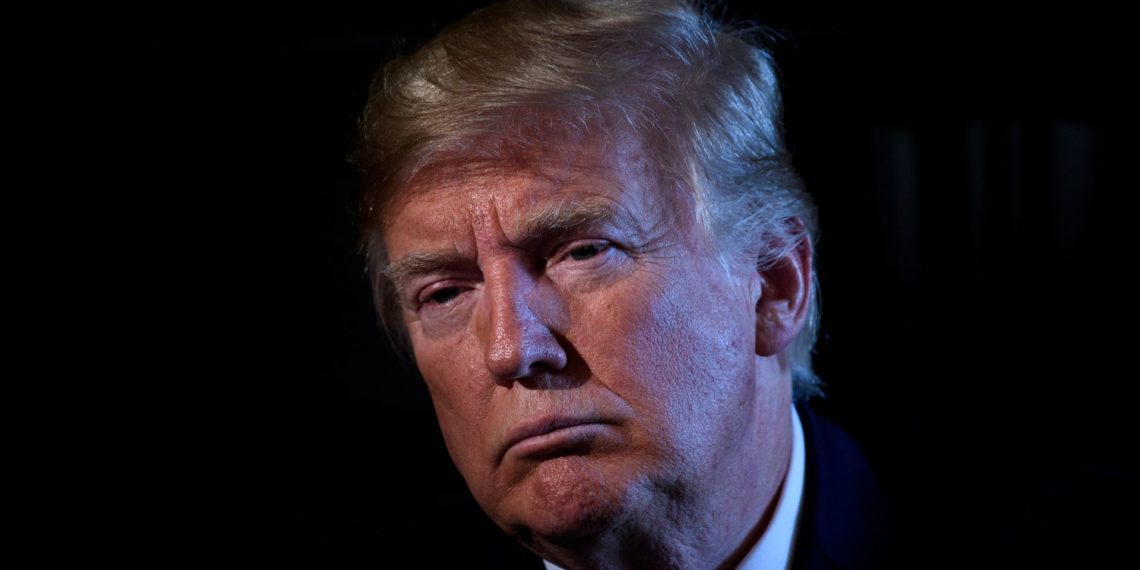Last week brought the excellent and important news that a U.S. Circuit Court of Appeals ruled that President Donald J. Trump could not block disfavored users from reading and responding to his tweets.
The three-judge panel unanimously held that the “First Amendment does not permit a public official who utilizes a social media account for all manner of official purposes to exclude persons from an otherwise-open online dialogue because they expressed views with which the official disagrees.” As support, the court cited the Supreme Court’s 1952 Burstyn vs. Wilson decision about motion pictures that “the basic principles of freedom of speech and the press, like the First Amendment’s command, do not vary” when new media come along.
This is a big win for democracy, which survives to the extent that its citizens are fully informed. Whether via newspapers, motion pictures, radio, television, and now the Internet – of which Twitter has become the primary mode of presidential communication – the more information voters have about their elected officials, the more effective voters can be in casting their ballots. This is the very reason the First Amendment was enacted.
Twitter and Democracy
Twitter brings a special benefit to the democratic table: it allows and encourages everyone seated around it not only to read what the president says, but challenge him, criticize him, and engage in dialogue with one another about presidential policy. This kind of interaction is the essence not of just democracy, but direct democracy – of citizens taking a more active role in the process of government, something we have not seen in such action since ancient Athens.
Further, the court’s decision to protect the new realm of pollical engagement that is Twitter is not only deeply rooted in First Amendment law, but consistent with copyright law which holds that statements by government officials are not subject to copyright.
In effect, any public statement by a government official is instantly in the public domain. This means that no one can claim to own it, prevent its dissemination, or prevent anyone in the public to have access to it and comment upon and reproduce it in any desired manner, which in effect would choke out democracy.
Statement of Government Official
As with any court decision, questions arise in its application. If the case is taken to the final judicial arbiter in the United States, the Supreme Court, some of these questions may be resolved. Others may require decisions on new cases that are brought to the courts in the future.
A crucial question is: what constitutes a statement by a government official? One way of answering this is to distinguish between statements of public policy versus personal opinions. Under this mode of assessment, Trump talking about deporting immigrants would clearly be a statement of public policy. In contrast, Trump stating that an individual is ugly or stupid would be a personal opinion.
Next week ICE will begin the process of removing the millions of illegal aliens who have illicitly found their way into the United States. They will be removed as fast as they come in. Mexico, using their strong immigration laws, is doing a very good job of stopping people…….
— Donald J. Trump (@realDonaldTrump) June 18, 2019
But even that dichotomy would not always be obvious. If, for example, Trump said another government official or a candidate for public office was stupid – as he often says about former vice president and 2020 presidential candidate Joe Biden – then such a statement would clearly be both a personal opinion and clearly a political statement, and essential for everyone to know.
Copyright Protection
A different approach, which would be easier to enforce, would be to hold that every statement made by a government official, such as the U.S. president, should by definition be available to everyone in the public.
This approach would be saying, in effect, that election to public office surrenders your right to exclude anyone from reading anything you may say or write. Since voters rightly consider everything a candidate may say about anything, excluding some people from any kind of presidential statement is also inconsistent with democracy. It’s also inconsistent with history. Someone writing an unauthorized biography of the president would certainly want access to everything the president may have said, in any medium.
But if everyone is entitled to access any and every statement by a public official, who exactly do we mean by “everyone”? Do we mean everyone who can vote in the next election? The courts have never said that only Americans of voting age are entitled to First Amendment rights. Indeed, in decisions such as Tinker vs. Des Moines Independent Community School District (1969), the Supreme Court ruled that the First Amendment rights of students as young as eight years of age did not end when they entered their school’s premises.
What about people who are not Americans living in other countries? Could Trump block them from his Twitter feed on the grounds that non-Americans living outside of the United States have no First Amendment rights? The courts have repeatedly ruled that non-citizens living in America are entitled to Constitutional protections, but the U.S. courts, of course, have no authority over what happens outside of the country.
Price for Democracy

A related question pertains to government officials who are not the president of the United States. Can a Congresswoman such as Alexandria Ocasio-Cortez block trollers on Twitter who live outside of her district? Probably not, but that’s also good for democracy because what she does as a Representative in Congress has national repercussions. In fact, on the very day that the Appeals Court stopped Trump from blocking Twitter users, two suits were brought against Ocasio-Cortez for blocking Twitter critics on her account.
What about a mayor of a city, who serves in a local instead of national office? Could he or she block critics who live in a different city? Such questions will be decided, if and likely when they arise, by other courts.
In the meantime, does the Knight vs. Trump Appeals Court decision mean that trolls will now be free to harass every public official online? Probably, for the most part, yes. But that’s a small price to pay for keeping our democracy robust and effective.
Disclaimer: The views and opinions expressed here are those of the author and do not necessarily reflect the editorial position of The Globe Post.



















